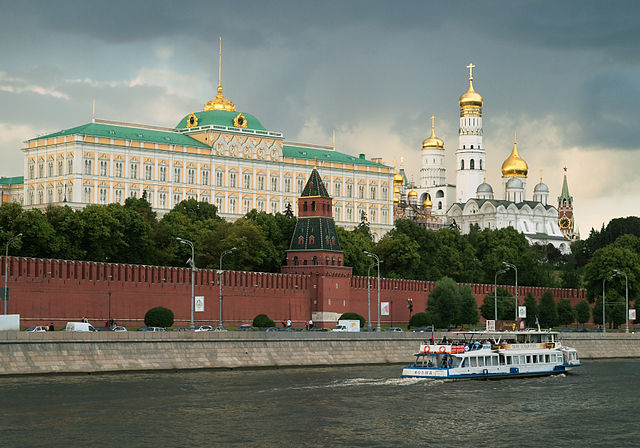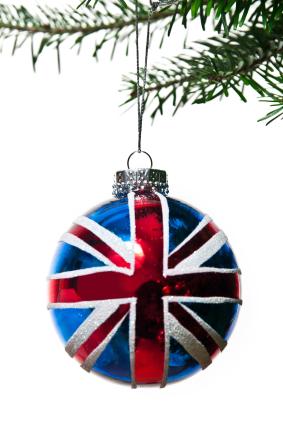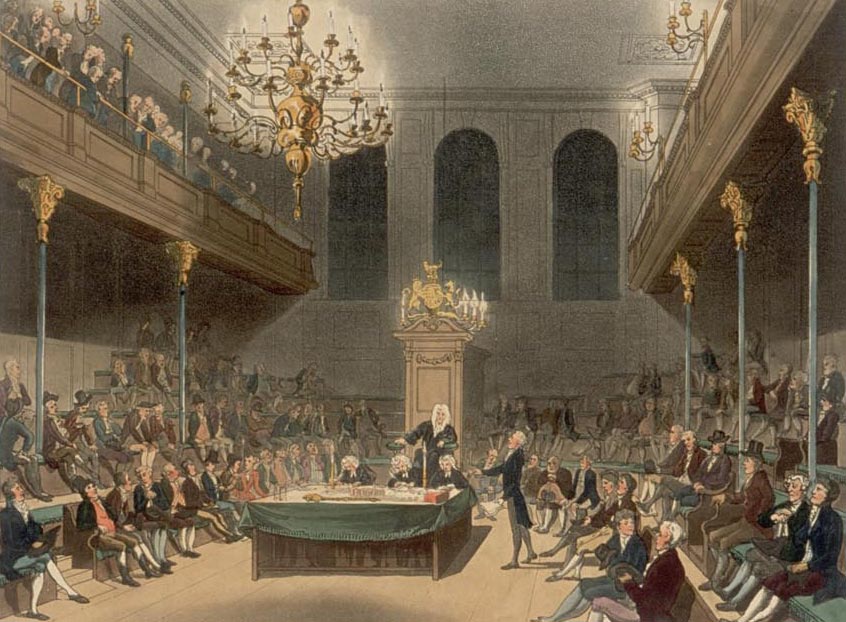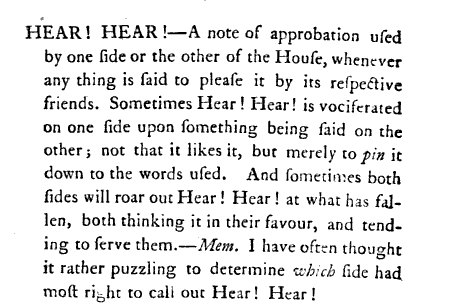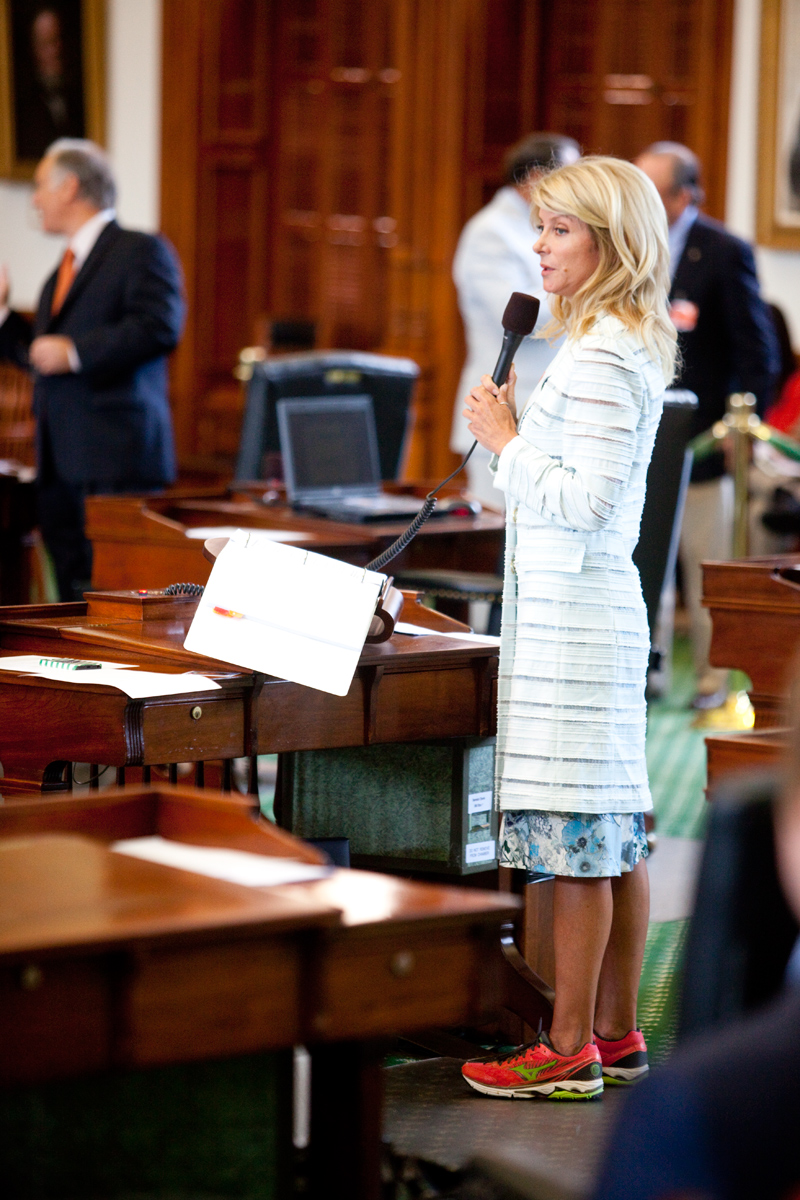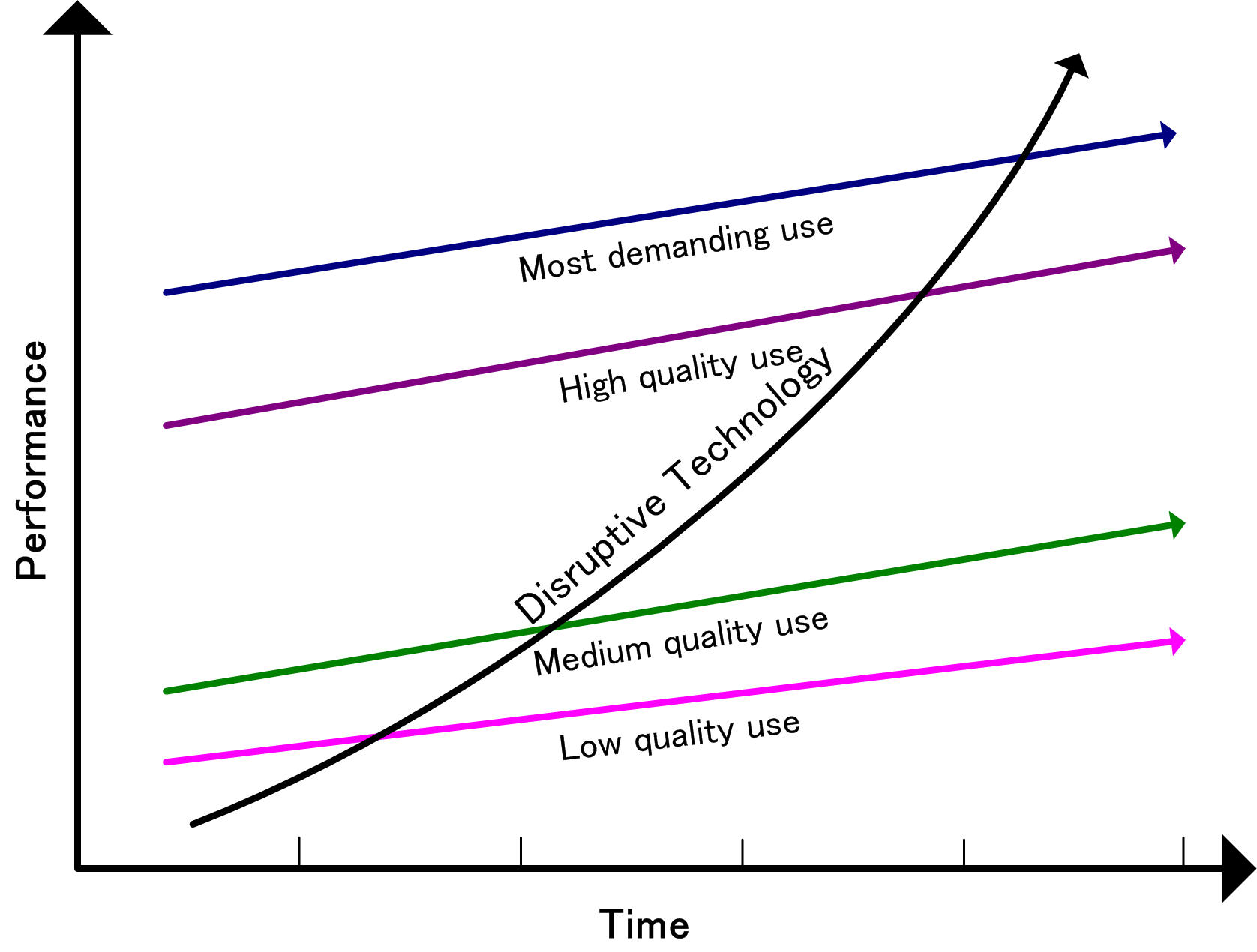As my friend Clyde recently, idly, commented on Facebook: “4am thought. It’s pretty random that the paper fragment created when you three-hole punch paper is called a “Chad” and the brass fastener you put through that hole is called a “Brad”. Why do these stationery terms have the most bro-y names (ironically, possibly names of people most likely to generally punch holes in things)?” Jacob B had some more bro-y names to add to the toolbox: Continue reading
Category Archives: Etymology
The language of loos and johns
“Inauguration planners rushed to wipe away a potential controversy Friday after porta-potties on the National Mall happened to be adorned with the President-elect’s first name. Workers were spotted Friday morning covering the “Don’s Johns” logo with blue masking tape. … Trump, whose middle name is John, will be inaugurated as the 45th president of the United States at the US Capitol next Friday, an event expected to draw thousands of onlookers onto the National Mall who will use the facilities, of which there are about 2,000. The company [Don’s Johns] is the number-one provider of sanitation services in the Washington area.” So reported CNN a couple of weeks ago, before the country started going down the lav (or the toilet, or the WC …). Oh, where to start …
Perhaps surprisingly, the language of loos is something Glosso hasn’t yet addressed. It’s such a mess of expressions that stream from our mouths and tongues when we refer to that little room of excretion, and yet it’s a topic that no-one can really avoid, even if only when you have to ask how to get to the lav — or the john. With their various whiffs and odors of place, class and manners — from the perfumery of hair powder in the 17th-century French toilet to the stench of Don’s Johns in dirty D.C. — the words for our potties plastic and porcelain and where we house them are teaming and flowing with linguistic innuendo. Let’s dive in … Continue reading
With a hey nonny nonny and a diddle dildo …
Reposted today. Just because.
A dildo, you might think, is a modern contraption and a word of our times — something that sprang to life with the advent of battery-operated toys and women’s lib and all that. But you would be wrong to believe that. It was alive and healthy and serving its perky purposes way back in heady Elizabethan times, and it found its way not only into the bawdy boudoirs of the 16th century, but also into the rhyme and verse of the period’s literary and musical fare. Continue reading
Kompromat, and polezni durak
Kompromat (Russian: компромат; short for компрометирующий материал, literally “compromising material”) is the Russian term for compromising materials about a politician or other public figure. Such materials can be used to create negative publicity, for blackmail, or for ensuring loyalty.
Will kompromat be 2017’s word of the year?
And while we’re on the subject of Russian turns-of-phrase: a “polezni durak” is how Michael Hayden, a former head of both the CIA and NSA, has described President-elect Donald Trump. Translation: a “useful fool.” This term (полезный дурак, tr. polezni durak) has been attributed to Lenin by some Russian writers (e.g. Vladimir Bukovsky in 1984) and Western commentators. However, in 1987 American journalist William Safire noted that a Library of Congress librarian hadn’t been able to find the phrase in Lenin’s works. The book They Never Said It also suggests the attribution is false.
~~~~~~
Separated by a common (Christmas) language
Reposting Glosso’s perennial favorite: a Brit-Chriss-Ameri-mas glossary …
Merry/Happy Christmas to all, on whatever side of the pond you’re on! Continue reading
Political jargon 5: “Hear, hear!”
As the Grammarly blog explains: “The phrase hear, hear seems to have come into existence as an abbreviation of the phrase hear him, hear him, which was well-established in Parliament in the late seventeenth century. The UK Parliament prides itself on its lively debates, and saying “hear him, hear him” was a way to draw attention to what a person was saying. … Sometime during the eighteenth century hear him, hear him acquired its short form, hear, hear, and that form is still used today.”
A contributor to StackExchange noted that the phrase must be older than this entry in Pearson’s Political Dictionary from 1792:
What was originally a parliamentary call for attention has turned into a phrase the OED describes as being “used to express one’s wholehearted agreement with something said, especially in a speech.” As Yahoo! News recently reported about Samantha Bee: “She was also recently her hilarious self on The Late Show with Stephen Colbert, talking about how she cannot wait for the election to end (hear, hear!)”
***
Political jargon 3: “Filibuster”
Continuing our exploration of American political jargon, here’s a look at the word filibuster, which to British ears sounds more like a horse-trainer than an obstructive political process. Here’s an explanation from an earlier Glossophilia post. Continue reading
Political jargon 1: “Bellwether”
“Ohio, Long a Bellwether, Is Fading on the Electoral Map” So read a headline in the New York Times a couple of weeks ago. What exactly does bellwether mean, and where does the word come from? Continue reading
The name “Republican”
To mark the start of the Republican National Convention, which starts tomorrow in Cleveland, Ohio, Glossophilia takes a look at the origins of the name of the party formed 162 years ago, as well as its nickname, “GOP”. Continue reading
Disruptive, and its disruptive new meaning
In an article last month in the Sunday Times, Robert Lea discussed “How society learns to love ‘disruptive technologies’.” “When Amazon emerged to turn retailing on its head, when Uber landed to spell the end of cab-hailing as we know it, no one described them as “disruptive technologies”. Now everyone, apparently, is a disrupter or being disrupted. But is it, initially, obvious what a disruptive technology is?” Well that depends a bit on how well you understand the new meaning of the word disruptive, doesn’t it? Continue reading




